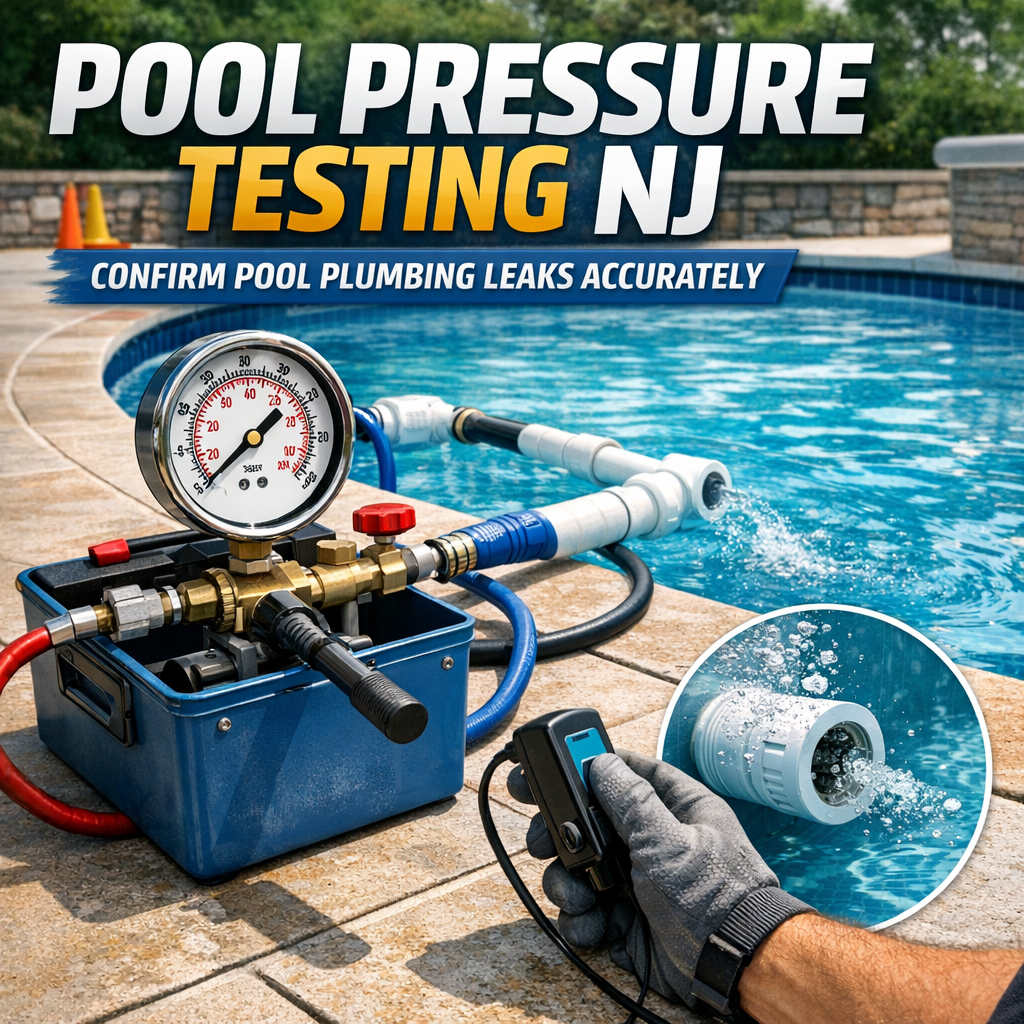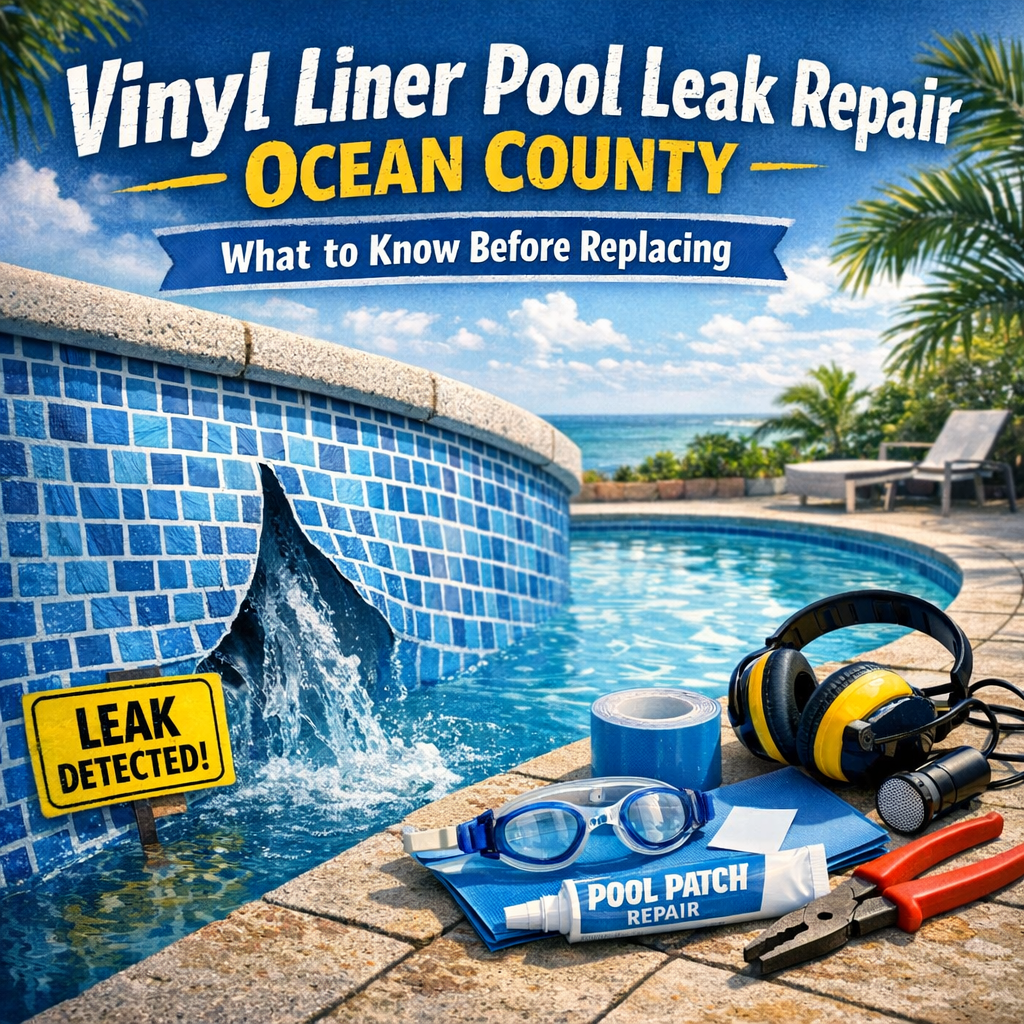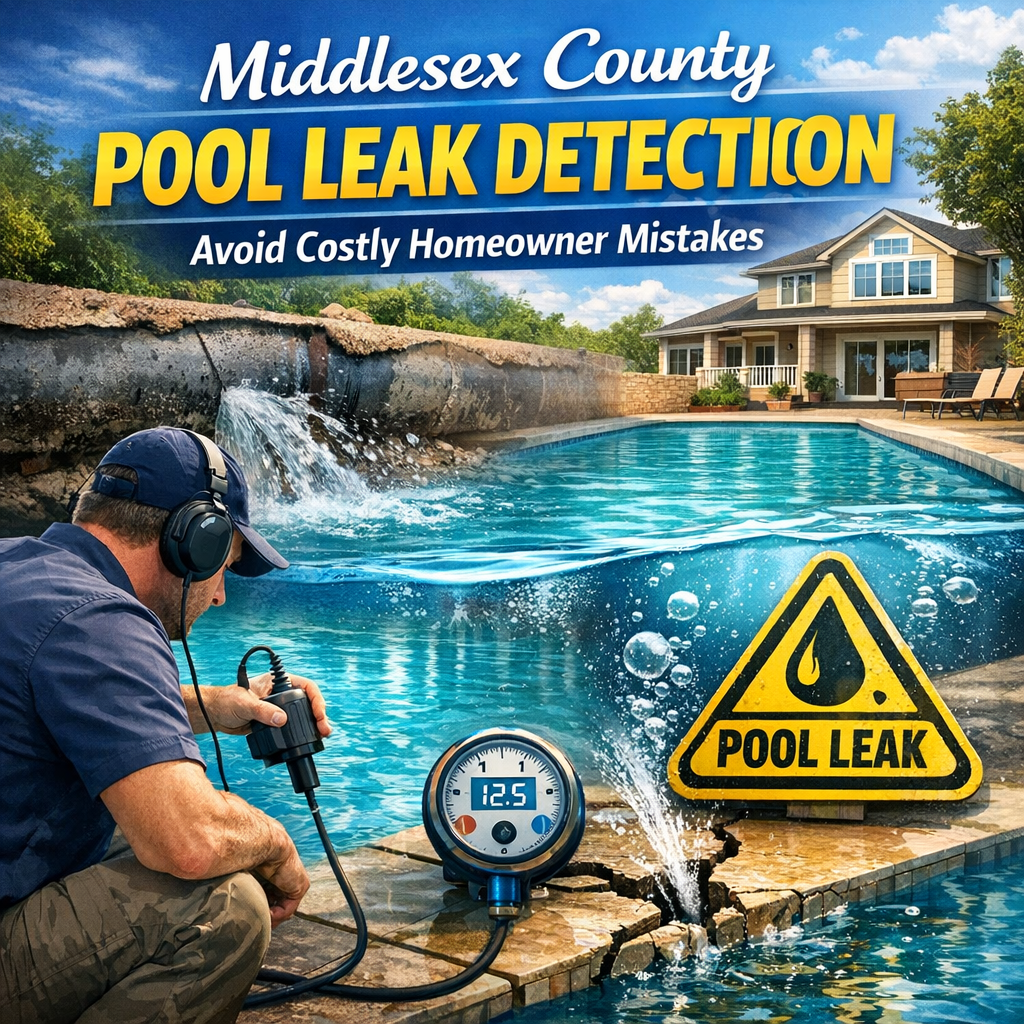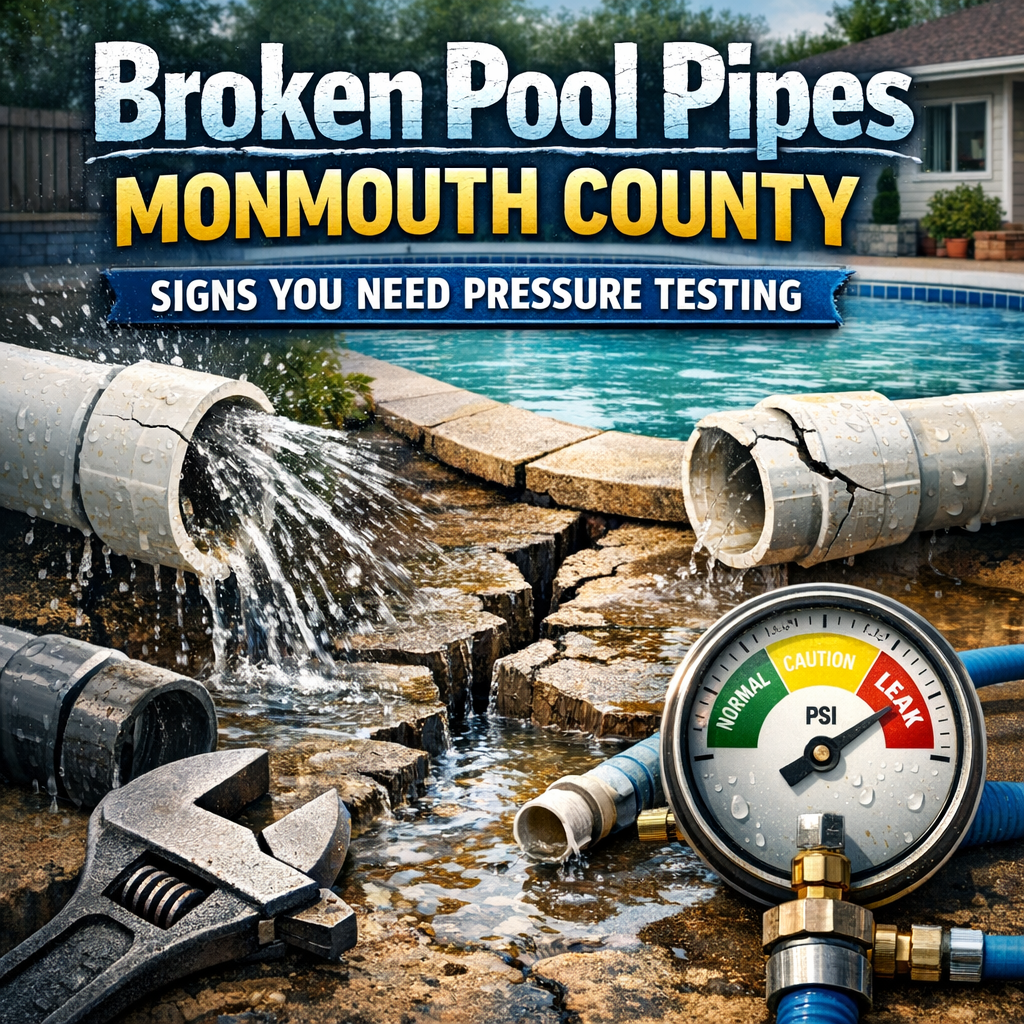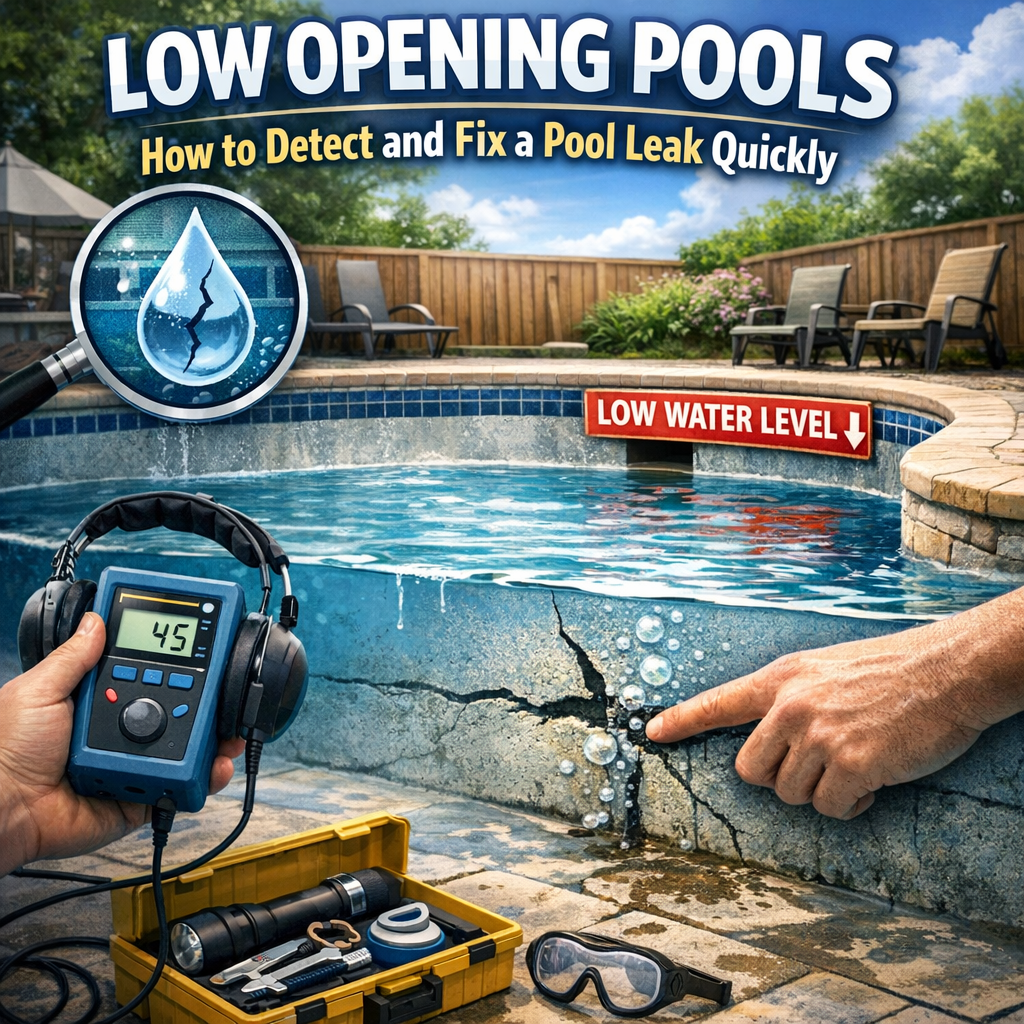Swimming pools are popular recreational features in Monroe Township, offering residents a place to relax and enjoy the outdoors. However, many pool owners notice a persistent loss of water, particularly through cracks in the deep end. Understanding the reasons behind this water loss is essential for effective maintenance and repair. This article explores the common causes of water leakage through deep-end cracks, how to identify structural damage, and the preventive measures and repair solutions available to address these issues.
Common Causes of Water Loss in Monroe Township Pool Deep-End Cracks
Water loss through cracks in the deep end of a pool often results from a combination of environmental, material, and usage factors. Over time, exposure to varying weather conditions, such as freezing temperatures and intense sunlight, can weaken the pool’s structural integrity. Chemical imbalances, especially high levels of chlorine or pH fluctuations, can also degrade the concrete or plaster surface, leading to cracks. Additionally, ground movement or soil settling beneath the pool can exert pressure on the structure, causing fractures. Heavy usage, improper installation, or aging infrastructure further contribute to the development of cracks, which serve as pathways for water to escape.
Identifying Structural Damage Leading to Pool Water Leakage
Detecting structural damage that causes water leakage involves a careful inspection of the pool’s surface and surrounding areas. Visible cracks, especially those that are wide, jagged, or extend across the deep end, are clear indicators of potential leakage points. Signs such as persistent water level decline despite proper refilling, wet or cracked surrounding decking, and uneven pool surfaces may also suggest underlying damage. Advanced methods, including dye testing, pressure testing, or employing underwater cameras, can help pinpoint the exact location and severity of cracks. Early identification of these issues is crucial to prevent further deterioration and costly repairs.
Preventive Measures and Repair Solutions for Pool Cracks
Preventing deep-end cracks and subsequent water loss involves regular maintenance and proactive measures. Maintaining proper chemical balance, ensuring adequate filtration, and avoiding rapid temperature changes can help preserve the structural integrity of the pool. Installing expansion joints or reinforcing the concrete during initial construction can accommodate ground movement and reduce crack formation. When cracks are detected, repair solutions such as epoxy or polyurethane injections, hydraulic cement patches, or resurfacing the affected area are effective in sealing leaks. In cases of extensive damage, complete resurfacing or structural reinforcement may be necessary to restore the pool’s functionality and prevent future water loss.
Addressing water loss through deep-end cracks is vital for maintaining the safety, functionality, and longevity of Monroe Township pools. By understanding the common causes, identifying structural issues early, and implementing appropriate preventive and repair strategies, pool owners can ensure their swimming facilities remain in optimal condition. Regular inspections and maintenance not only minimize water loss but also extend the lifespan of the pool, providing residents with a safe and enjoyable environment for years to come.


